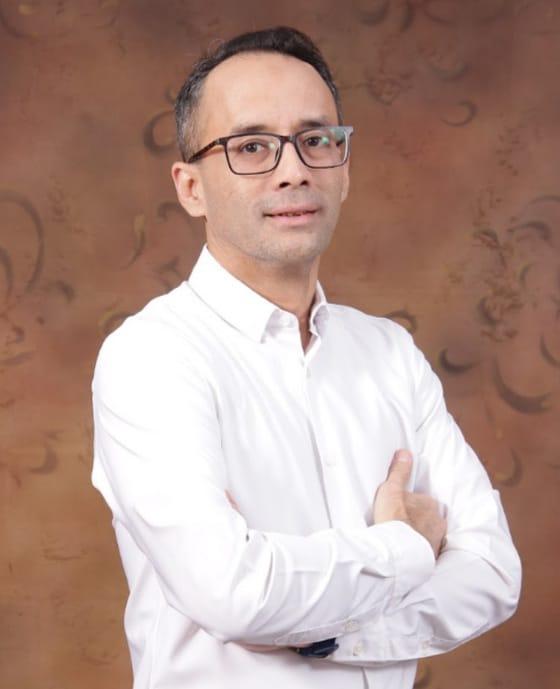Dr. Indra Pradana Singawinata becomes 13th Secretary-General of the Asian Productivity Organization (APO)

Dr. Singawinata brings a wealth of experience from leadership positions in both the public and private sectors in Indonesia. Most recently, he served as Senior Vice President of the Indonesia Infrastructure Guarantee Fund (IIGF), a state-owned enterprise that provides guarantees for infrastructure projects implemented under a national public–private partnership scheme.
Prior to that, Dr. Singawinata was at the Putera Sampoerna Foundation (PSF), which he joined as Head of Research before becoming Head of Business Development and then Head of Corporate Affairs.
Dr. Singawinata earned a Ph.D. in Philosophy from Ritsumeikan Asia Pacific University (APU), Japan, following a Master's degree in Accounting from the University of Indonesia and a Bachelor's degree in Economics from Trisakti University, Indonesia.
Outlining the goals for his 2022–25 tenure as Secretary-General, Dr. Singawinata stated, "My mission is to reduce the productivity gap between APO member economies by strengthening APO programs and tools. Our vision must include capacity building and technical assistance for National Productivity Organizations (NPOs) in member countries through mixed programs, strengthening the use of digital technology in NPO programs, and identifying 'quick-win' opportunities in addition to mid-term programs."
He emphasized three guiding principles for APO actions under his leadership to achieve its vision and mission: synergy; good corporate governance; and transparency. "I'm looking forward to building on over 60 years of history and past accomplishments of the APO to cement its position as the leading productivity organization not just in the Asia-Pacific region but in the world."
Hashtag: #AsianProductivityOrganization #APO
About the APO
The APO is an intergovernmental organization established in 1961 to increase productivity in the Asia-Pacific region through mutual cooperation. The APO contributes to the sustainable socioeconomic development of the region through policy advisory services, acting as a think tank, and undertaking smart initiatives in the industry, agriculture, service, and public sectors.
The APO is shaping the future of the region by assisting member economies in formulating national strategies for enhanced productivity and through a range of institutional capacity-building efforts, including research and centers of excellence in members. It is nonpolitical, nonprofit, and nondiscriminatory.
The current membership is 21 economies, comprising Bangladesh, Cambodia, the Republic of China, Fiji, Hong Kong, India, Indonesia, the Islamic Republic of Iran, Japan, the Republic of Korea, Lao PDR, Malaysia, Mongolia, Nepal, Pakistan, the Philippines, Singapore, Sri Lanka, Thailand, Turkiye, and Vietnam.


